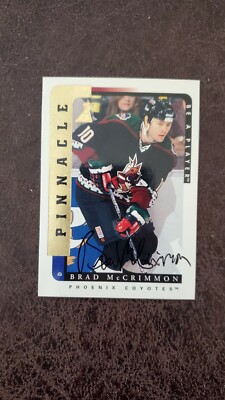
Introduction
The Hartford Whalers, a professional ice hockey team based in Hartford, Connecticut, held a significant place in the sports landscape of North America from their inception in 1972 until their relocation in 1997. They were part of the World Hockey Association (WHA) before joining the National Hockey League (NHL) in 1979. The legacy of the Whalers continues to resonate with fans, evoking nostalgia and pride for many who remember the team’s vibrant culture and dedicated community.
The Rise of the Whalers
Founded in 1972, the Whalers quickly became a beacon for hockey in Connecticut. Named after the state’s whaling history, the team captured the hearts of fans with their iconic green and blue colors and the memorable ‘Brass Bonanza’ theme song that played during home games. The team’s success in the WHA, including winning the Avco World Trophy in 1973, established them as a formidable force in ice hockey. With notable players like Gordie Howe and later, the emerging stars, the Whalers built a solid fan base throughout their years.
Challenges and Relocation
The transition to the NHL in 1979 was both an exciting and challenging chapter for the Whalers. While the team found moderate success, they struggled to achieve the same level of popularity as other franchises like the Montreal Canadiens and the New York Rangers. Attendance at games began to decline, and financial issues plagued the franchise. Despite efforts to increase engagement, including community outreach and promotional events, the Whalers could not recover sufficient interest. In 1997, the franchise relocated to Raleigh, North Carolina, and was rebranded as the Carolina Hurricanes.
The Legacy of the Whalers
Although the Whalers ceased operations in Hartford, their legacy remains strong. Many former fans still recall the excitement of attending games at the now-demolished Hartford Civic Center. In recent years, there has been a resurgence of interest in the team, including merchandise sales and fan events, with many expressing the desire for a potential revival. The Whalers’ logo, a bold ‘W’ intertwined with a whale tail, continues to be a popular emblem among hockey enthusiasts.
Conclusion
The Hartford Whalers represent much more than their years on the ice; they symbolize a unique cultural phenomenon in Connecticut hockey. Their impact on the community remains profound, and as newer generations discover the team’s rich history, discussions about a potential return to Hartford continue to surface. While the Whalers may no longer exist in name, their spirit endures in the hearts of their fans. The story of the Hartford Whalers serves as a reminder of the deep connections between sports, community, and identity.



